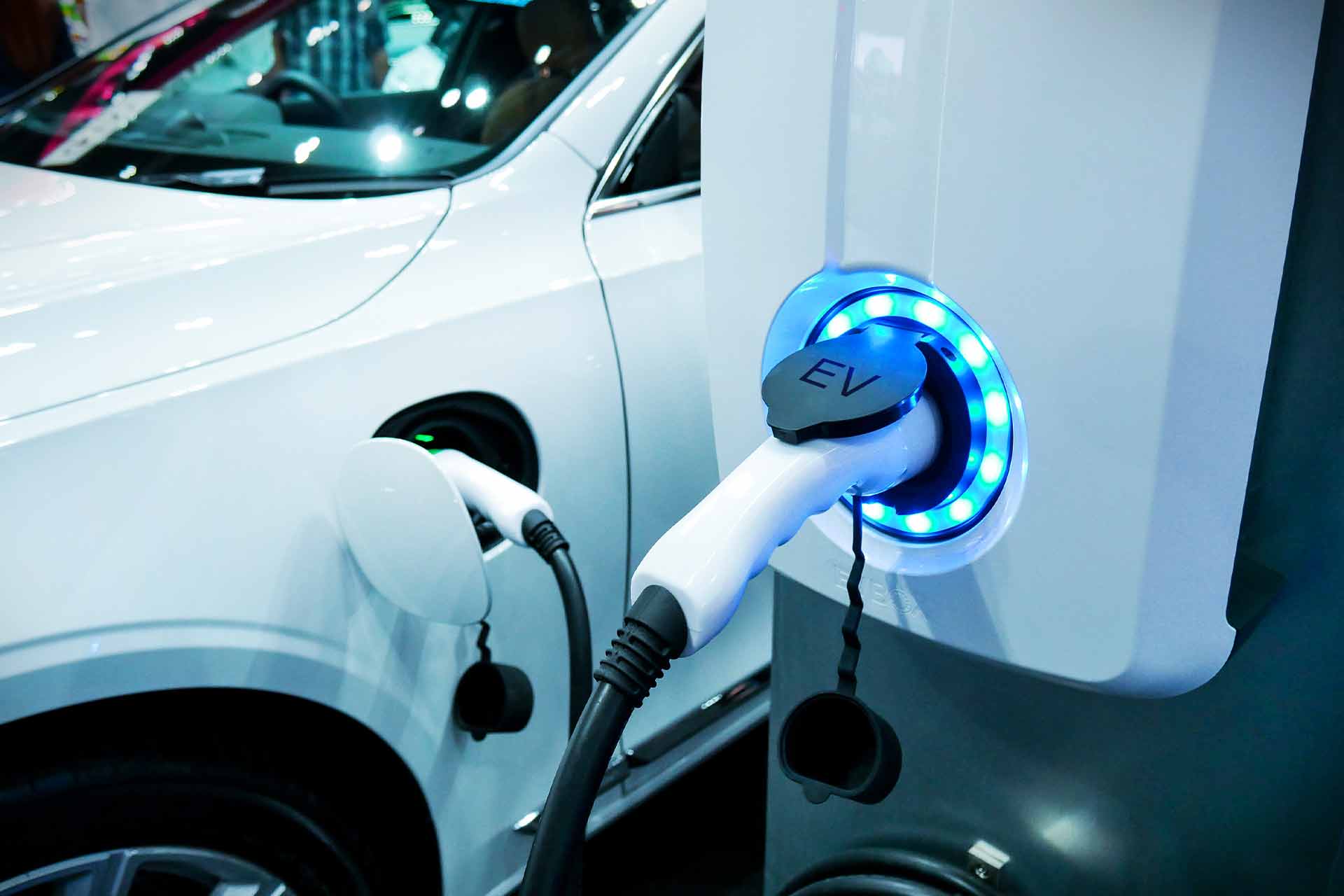Absolutely! Let’s craft a comprehensive 3000-word article on the cost of electric car chargers, replacing “ with `
` and `
` for structural clarity.
Electric vehicles (EVs) are rapidly gaining popularity, driven by concerns about climate change and advancements in battery technology. However, owning an EV involves more than just purchasing the vehicle itself. A crucial component is the charging infrastructure, and understanding the costs associated with electric car chargers is essential for any potential EV owner. This article delves into the various factors that influence the price of EV chargers, from the type of charger to installation costs and beyond.

Before diving into the costs, it’s vital to understand the different levels of EV charging:
Level 1 Charging: The Slow and Steady Approach
This is the most basic form of EV charging, utilizing a standard 120-volt household outlet. It’s often the slowest method, typically adding 2-5 miles of range per hour of charging.
Pros:
Minimal upfront cost, as it uses existing outlets.
Cons:
Extremely slow charging speeds.
Level 2 Charging: The Common Home Solution

Level 2 charging uses a 240-volt circuit, similar to those used for electric dryers or ovens. This significantly speeds up charging, adding 20-50 miles of range per hour.
Pros:
Faster charging speeds, suitable for overnight charging.
Cons:
Requires professional installation of a 240-volt circuit.
DC Fast Charging (Level 3): Rapid Replenishment
DC fast charging, also known as Level 3 charging, is the fastest method, capable of adding significant range in a short period. These chargers are typically found at public charging stations and are designed for long-distance travel.
Pros:
Extremely fast charging speeds, ideal for road trips.
Cons:
High installation and equipment costs, making them unsuitable for home use.
Several factors contribute to the overall cost of an EV charger:
Charger Type and Power Output
The type of charger and its power output are the most significant factors influencing cost. Level 1 chargers are the cheapest, while DC fast chargers are the most expensive. Within Level 2 chargers, higher power outputs generally mean higher prices.
Level 2 Charger Costs:
Basic Level 2 chargers (3.8 kW – 7.6 kW): $300 – $800.
DC Fast Charger Costs:
These are primarily commercial units.
Installation Costs
Installation costs can vary widely depending on several factors:
Electrical Panel Upgrades:
If your electrical panel cannot handle the additional load, an upgrade may be necessary.
Wiring and Circuit Installation:
The distance between the electrical panel and the charging location affects wiring costs.
Permits and Inspections:
Local building codes may require permits and inspections, adding to the overall cost.
Smart Features and Connectivity
Many modern EV chargers offer smart features, such as Wi-Fi connectivity, mobile app control, and energy monitoring. These features can add to the cost of the charger.
Smart Charger Features:
Wi-Fi connectivity and app control.
Indoor vs. Outdoor Installation
Outdoor installations may require additional protection from the elements, increasing the cost of the charger and installation.
Outdoor Installations:
Weatherproof enclosures.
Brand and Warranty
Established brands with strong reputations often charge higher prices, but they may also offer better warranties and customer support.
Brand Recognition:
Known brands often provide better product reliability.
To illustrate the costs, let’s consider a hypothetical scenario:
Scenario: Installing a 40-amp Level 2 charger in a residential garage.
Charger Cost: $600
Many government agencies and utility companies offer incentives and rebates to encourage the adoption of EVs and charging infrastructure. These incentives can significantly reduce the overall cost of installing a charger.
Federal Tax Credits:
State and Local Rebates:
Many states offer rebates for EV charger installations.
Beyond the initial installation cost, consider the ongoing costs of EV charging:
Electricity Costs:
The cost of electricity varies by region and time of day.
Maintenance Costs:
Level 2 chargers typically require minimal maintenance.
The cost of an electric car charger can vary significantly depending on several factors, including the type of charger, installation requirements, and additional features. While the initial investment may seem high, government incentives and long-term energy savings can help offset the costs. By understanding the various factors influencing charger prices, potential EV owners can make informed decisions and choose the charging solution that best suits their needs and budget.



